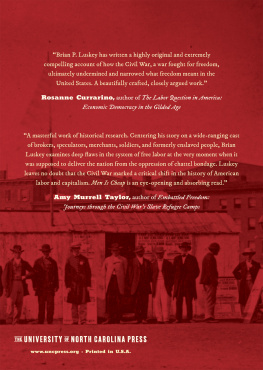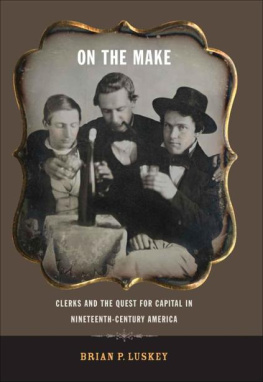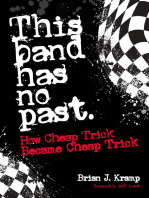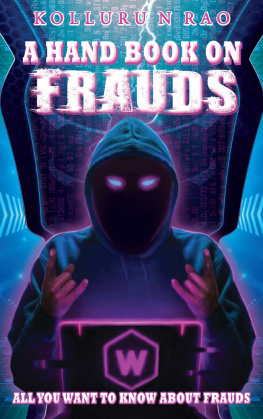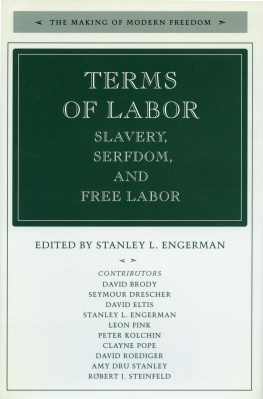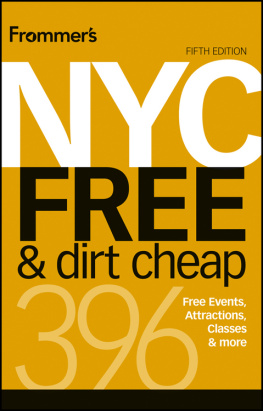Brian P. Luskey - Men Is Cheap: Exposing the Frauds of Free Labor in Civil War America
Here you can read online Brian P. Luskey - Men Is Cheap: Exposing the Frauds of Free Labor in Civil War America full text of the book (entire story) in english for free. Download pdf and epub, get meaning, cover and reviews about this ebook. year: 2020, publisher: The University of North Carolina Press, genre: Politics. Description of the work, (preface) as well as reviews are available. Best literature library LitArk.com created for fans of good reading and offers a wide selection of genres:
Romance novel
Science fiction
Adventure
Detective
Science
History
Home and family
Prose
Art
Politics
Computer
Non-fiction
Religion
Business
Children
Humor
Choose a favorite category and find really read worthwhile books. Enjoy immersion in the world of imagination, feel the emotions of the characters or learn something new for yourself, make an fascinating discovery.
- Book:Men Is Cheap: Exposing the Frauds of Free Labor in Civil War America
- Author:
- Publisher:The University of North Carolina Press
- Genre:
- Year:2020
- Rating:4 / 5
- Favourites:Add to favourites
- Your mark:
- 80
- 1
- 2
- 3
- 4
- 5
Men Is Cheap: Exposing the Frauds of Free Labor in Civil War America: summary, description and annotation
We offer to read an annotation, description, summary or preface (depends on what the author of the book "Men Is Cheap: Exposing the Frauds of Free Labor in Civil War America" wrote himself). If you haven't found the necessary information about the book — write in the comments, we will try to find it.
Brian P. Luskey: author's other books
Who wrote Men Is Cheap: Exposing the Frauds of Free Labor in Civil War America? Find out the surname, the name of the author of the book and a list of all author's works by series.
Men Is Cheap: Exposing the Frauds of Free Labor in Civil War America — read online for free the complete book (whole text) full work
Below is the text of the book, divided by pages. System saving the place of the last page read, allows you to conveniently read the book "Men Is Cheap: Exposing the Frauds of Free Labor in Civil War America" online for free, without having to search again every time where you left off. Put a bookmark, and you can go to the page where you finished reading at any time.
Font size:
Interval:
Bookmark:
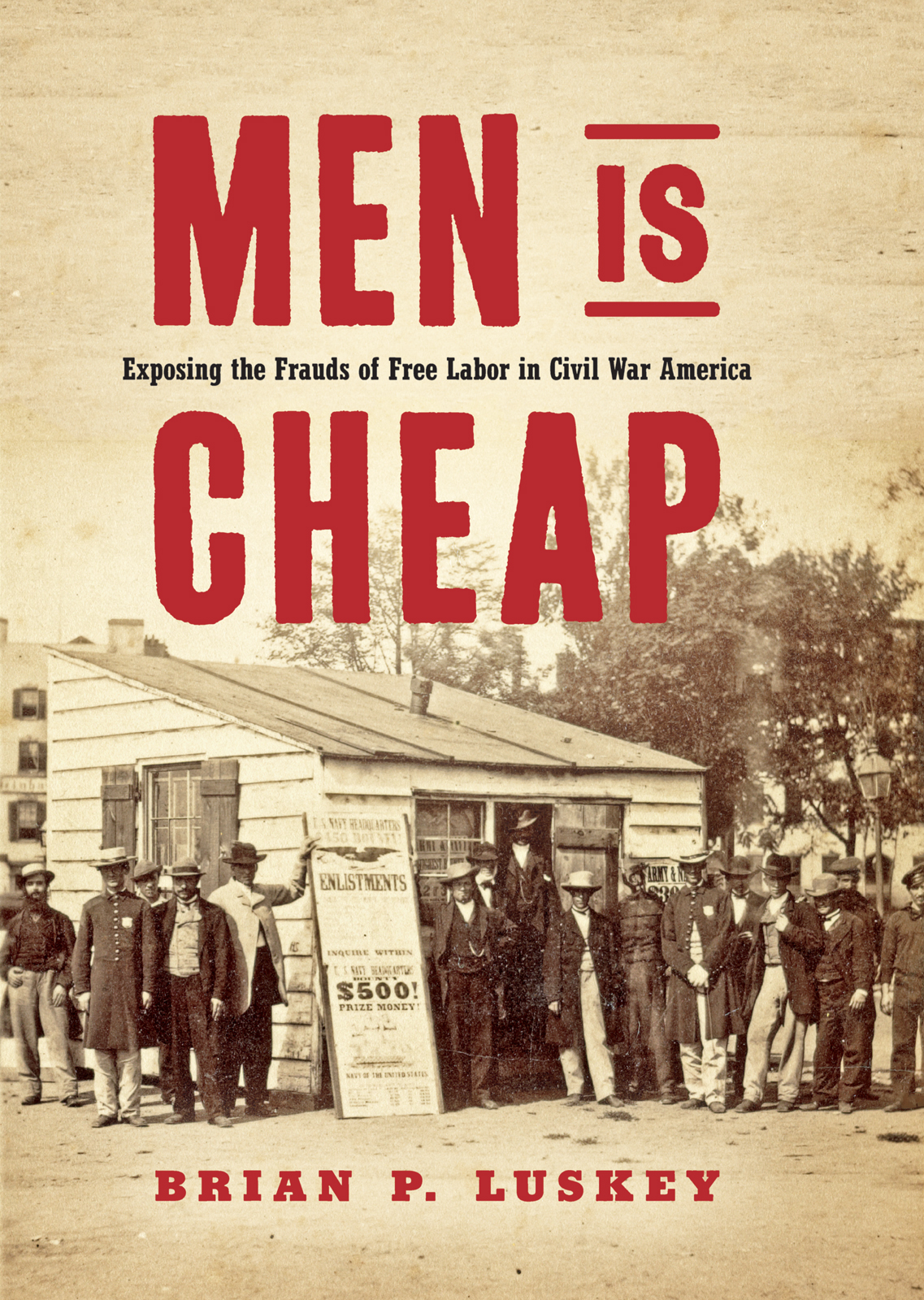
MEN IS CHEAP

CIVIL WAR AMERICA
Peter S. Carmichael, Caroline E. Janney, and Aaron Sheehan-Dean, editors
This landmark series interprets broadly the history and culture of the Civil War era through the long nineteenth century and beyond. Drawing on diverse approaches and methods, the series publishes historical works that explore all aspects of the war, biographies of leading commanders, and tactical and campaign studies, along with select editions of primary sources. Together, these books shed new light on an era that remains central to our understanding of American and world history.
Exposing the Frauds of Free Labor in Civil War America
BRIAN P. LUSKEY
THE UNIVERSITY OF NORTH CAROLINA PRESS
Chapel Hill
2020 The University of North Carolina Press
All rights reserved
Designed by Jamison Cockerham
Set in Arno, Scala Sans, Cupboard, and Cutright by Tseng Information Systems, Inc.
Manufactured in the United States of America
The University of North Carolina Press has been a member of the Green Press Initiative since 2003.
Jacket illustrations: (front) detail from War Views. No. 2042, Bounty Brokers Looking out for Substitutes; (back) detail from War Views. No. 2041, Bounty Brokers Looking out for Substitutes. Both published by E. & H. T. Anthony, ca. 18651869. Library of Congress Prints and Photographs Division.
LIBRARY OF CONGRESS CATALOGING-IN-PUBLICATION DATA
Names: Luskey, Brian P., author.
Title: Men is cheap : exposing the frauds of free labor in Civil War America / Brian P. Luskey.
Other titles: Civil War America (Series)
Description: Chapel Hill : The University of North Carolina Press, 2020. | Series: Civil War America | Includes bibliographical references and index.
Identifiers: LCCN 2019032063 | ISBN 9781469654324 (cloth) | ISBN 9781469654331 (ebook)
Subjects: LCSH: Working classUnited StatesHistory19th century. | LaborSocial aspectsUnited States. | Employment agenciesSocial aspectsUnited StatesHistory19th century. | CapitalismSocial aspectsUnited States. | United StatesHistoryCivil War, 18611865Recruiting, enlistment, etc. | United StatesSocial conditions19th century. | United StatesHistoryCivil War, 18611865Public opinion.
Classification: LCC HD8070 .L79 2020 | DDC 331.10973/09034dc23
LC record available at https://lccn.loc.gov/2019032063
FOR ASHLEY
with love
IT IS A PLEASURE, after finishing a book about fraud, to write a few words about the abiding goodness of the people who helped me. I worked on this book for ten years and benefited from the assistance of many kind, sincere, and really smart folks. When I first presented a paper about intelligence offices at the annual meeting of the Business History Conference in 2010, my friends Wendy Woloson and Paul Erickson presented with me, and Ed Balleisen provided thoughtful commentary for us to consider. Wendy and I had long been interested in bringing together scholars who worked on the economies that nineteenth-century Americans labeled marginal and illegitimate but that were actually central to capitalisms development. Our panel gave us the push we needed to do so. I treasure my friendship with Wendy and I am grateful to have had the opportunity to collaborate with her on the conference and essay collection that resulted. We had the good fortune to work with Dan Richter, Bob Lockhart, and a wonderful lineup of essay contributors that included Will Mackintosh, Rob Gamble, Josh Greenberg, Adam Mendelsohn, Brendan OMalley, Corey Goettsch, Craig Hollander, Mike Thompson, Katie Hemphill, Paul Erickson, and Ellen Garvey. The ideas that came out of that experience shaped what I wrote in these pages.
Many thanks to the National Endowment for the Humanities and the Program in Early American Economy and Society at the Library Company of Philadelphia for funding my sabbatical from teaching in 201415. My research at the Library Company and the Historical Society of Pennsylvania was crucial to the completion of this book, and I thank Cathy Matson, Jim Green, Tammy Gaskell, Sarah Heim, Krystal Appiah, Connie King, Linda August, Erika Piola, Sarah Weatherwax, Nicole Joniec, and Ann McShane for helping me navigate these institutions collections. I also thank Jess Roney, Rich Newman, Sarah Gronningsater, Max Mishler, Randy Browne, Nic Wood, Rachel Walker, Aston Gonzalez, Emahunn Campbell, Jess Linker, Emily Owens, Manuel Covo, Kabria Baumgartner, Ben Fagan, Ben Hicklin, Sonia Hazard, Christine Croxall, Brendan Gillis, Dan Richter, Roderick McDonald, Michelle McDonald, Wendy Woloson, and David Miller for the intellectual companionship and camaraderie that made my stint in Philadelphia so productive and fun.
I am particularly obliged to Ellen Hartigan-OConnor, my friend of more than fifteen years, for her encouragement and critical feedback. Ellen provided incisive commentary on several conference papers and chapter drafts. I could not have written this book in the way I did without her and her inspiring scholarship. I have been friends with Ben Irvin for just as long. He is, as he has always been, a source of strength, support, good ideas, and good laughs when my spirits need lifting. Thank you, Ben. I would also like to express my gratitude to other colleagues who have taken the time to edit my writing, send me research leads, discuss my work, and cheer me along my way: Jonathan Prude, Scott Sandage, Bill Blair, Cathy Kelly, Clay Risen, Carol Lasser, April Haynes, Lorien Foote, Carrie Janney, Katy Shively, Rachel Shelden, Ryan Keating, Drew Bledsoe, Jenny Weber, John Sacher, Rosanne Currarino, Steve Berry, Kathy Hilliard, Andy Lang, Sean Adams, Jim Broomall, Julie Mujic, Dave Thomson, Michael Caires, Katie Fialka, Andrew Fialka, Robby Poister, Heather Wilpone-Welborn, Emma Teitelman, Steve Phan, Emmanuel Dabney, Bert Dunkerly, Mike Gorman, Rob Widell, Paul OGrady, Frank Towers, Sharon Murphy, Brian Schoen, Jess Lepler, Joanna Cohen, Emily Pawley, Caleb McDaniel, Seth Rockman, Ken Cohen, Seth Cotlar, Ann Little, Brian Jordan, Sarah Weicksel, Michael Woods, James Cornelius, Keith Bohannon, Jim Ogden, Frances Clarke, and Susannah Ural.
I am very lucky to work in the History Department at West Virginia University (WVU). Kate Staples, Kim Welch, Ari Bryen, Josh Arthurs, and Tyler Boulware are great friends and constituted a first-rate writing group that emphasized the beer, wine, and food as much as the history. They read a lot of this book and I profited from their suggestions. I appreciate all that my colleagues have done to make this book possible. Joe Hodge, Liz Fones-Wolf, Ken Fones-Wolf, Krystal Frazier, Melissa Bingmann, Matt Vester, Michele Stephens, Jim Siekmeier, and Jenny Boulware all gave me ideas and reassurance as I researched and wrote, and my student Montana Williamson helped me with research. I would also like to thank the Eberly College of Arts and Sciences at WVU and the West Virginia Humanities Council for providing research travel funding.
I have had the great honor of working with three amazing Civil War historians at WVU. I cannot rule out the possibility that I am the reason the Eberly Chair in Civil War Studies has revolved so many times. Hopefully, I can persuade Jason Phillips to stay. I have had a wonderful time learning from and collaborating with Jason and look forward to future conversations about Civil War historiography over fried food that we should not be eating in such quantities. No offense to anyone else, but Jasons immediate predecessor, Aaron Sheehan-Dean, is the hardest-working historian in the field. He says yes to everything, and that included helping me get this project off the ground and giving me feedback at crucial stages as I completed it. I am as appreciative of his insightful critiques and encouragement as I am inspired by his work ethic. Moreover, Aaron is a phenomenal cook and knows the best restaurants in any conference town. He is a good friend to have. Pete Carmichael was the chair of the search committee that hired me at WVU, and he has been a life coach, editor, and great friend ever since. There are a lot of brilliant historians out there, but Pete has always impressed me for his determination to find new analytical perspectives from which to read evidence. As a result, he has made me a better scholar and writer. More important, Pete, his wife Beth, and their daughters Cameron and Isabel have been like family to me, and I am grateful to have shared with them the many highs and lows that accompany life. I love you guys.
Font size:
Interval:
Bookmark:
Similar books «Men Is Cheap: Exposing the Frauds of Free Labor in Civil War America»
Look at similar books to Men Is Cheap: Exposing the Frauds of Free Labor in Civil War America. We have selected literature similar in name and meaning in the hope of providing readers with more options to find new, interesting, not yet read works.
Discussion, reviews of the book Men Is Cheap: Exposing the Frauds of Free Labor in Civil War America and just readers' own opinions. Leave your comments, write what you think about the work, its meaning or the main characters. Specify what exactly you liked and what you didn't like, and why you think so.

